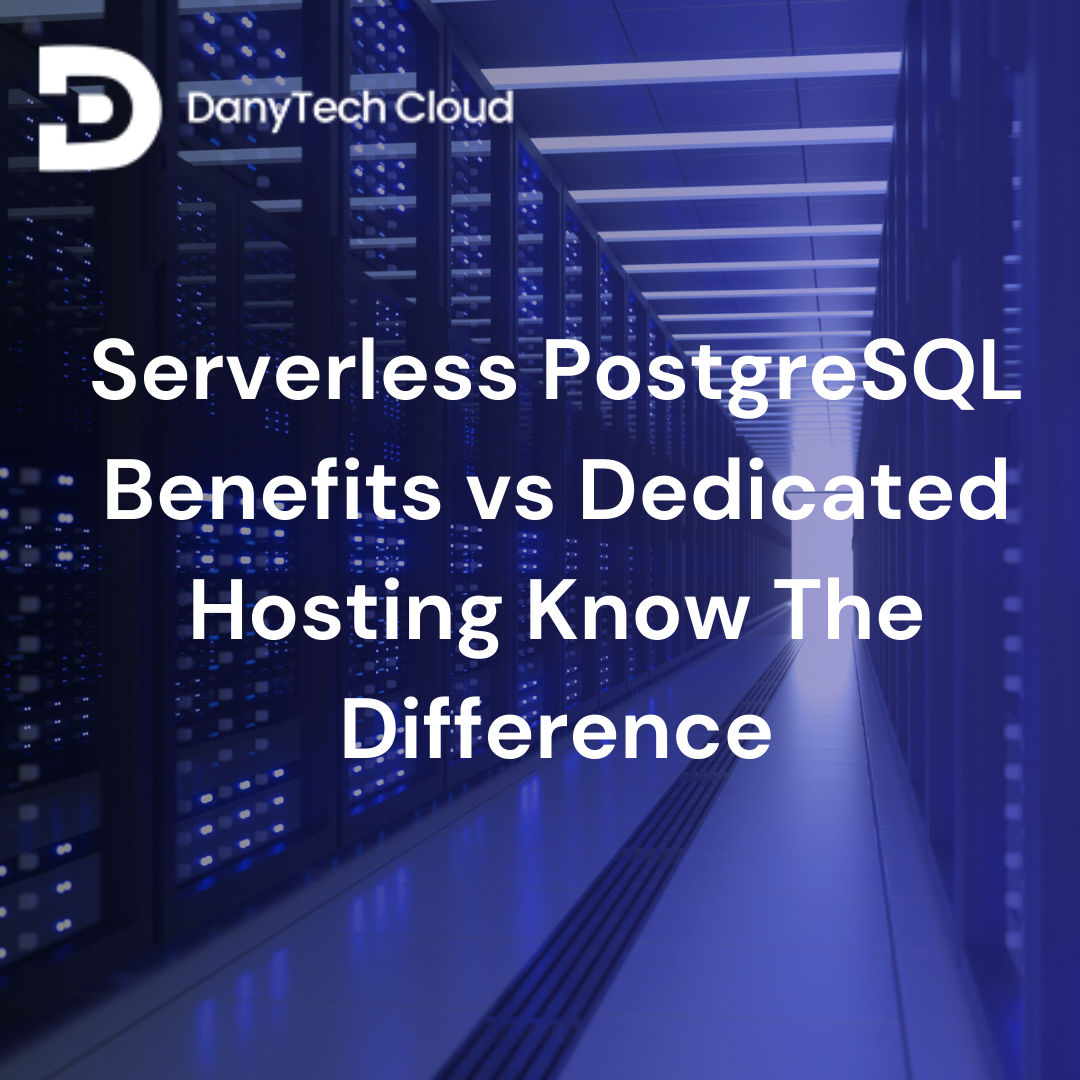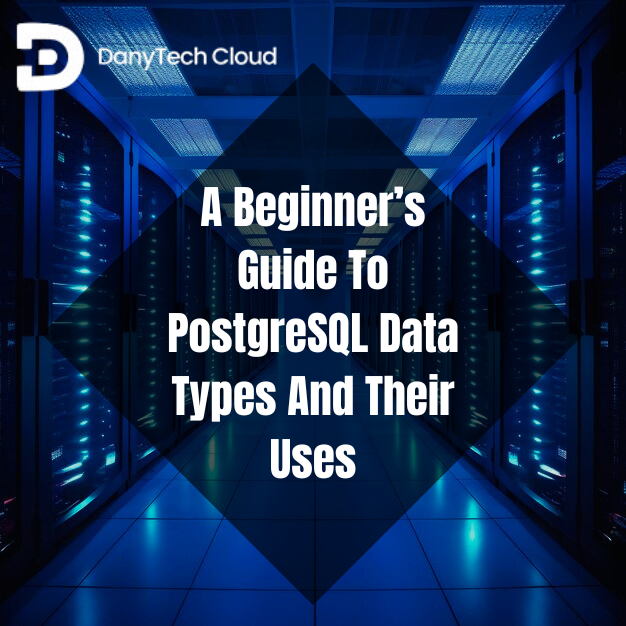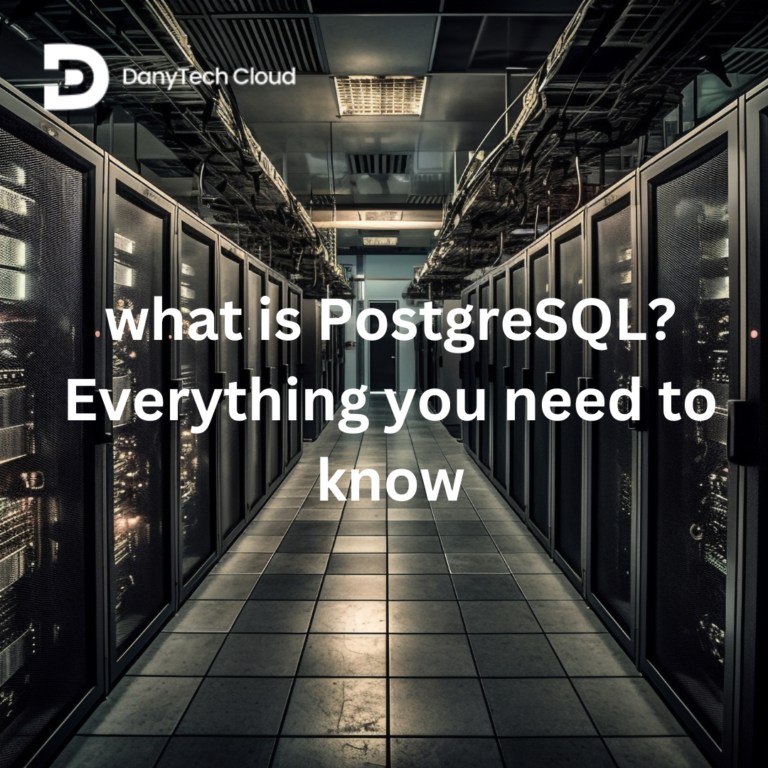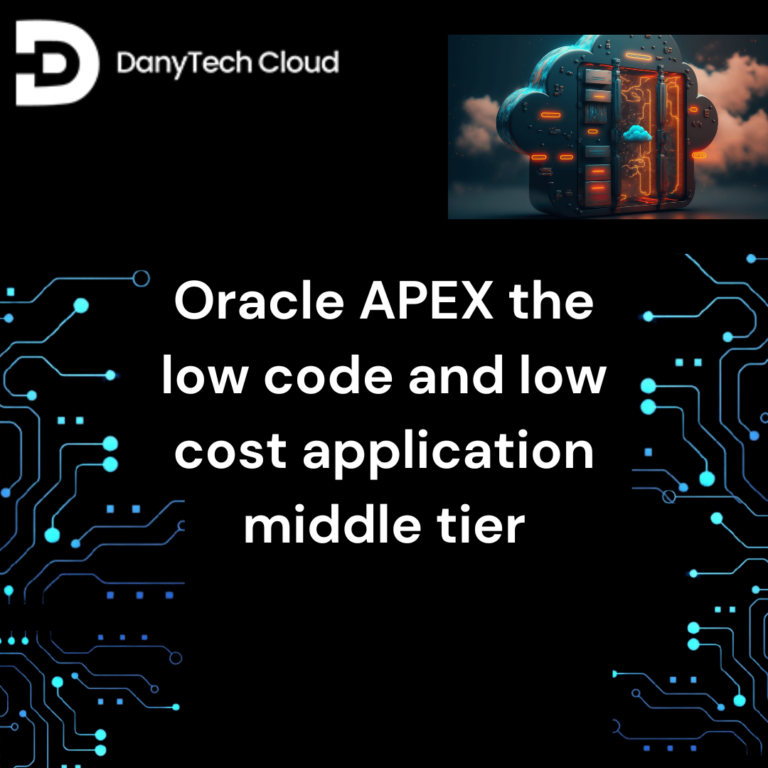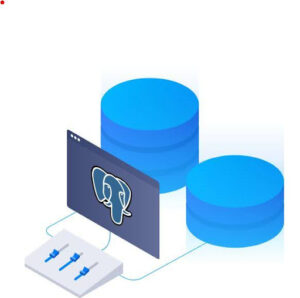
PostgreSQL is a common open-source relational database, that provides multiple benefits and features for developers. There are different types of PostgreSQL hosting, including Dedicated PostgreSQL and Serverless PostgreSQL. Since both these hostings offer different features, it is important to understand their useful areas and which one is best for your demands.
Here is a short guide for you to learn What is PostgreSQL and its different types.
What is PostgreSQL?
PostgreSQL is a free-of-cost relational database management system. It emphasizes extensibility and SQL compliance. This management system has offered developers a platform that is easy to implement and provides maximum functionality and flexibility. The key difference between PostgreSQL vs SQL is that PostgreSQL supports a diverse range of programming languages. Whereas, SQL server is somehow more limited.
What is Serverless PostgreSQL Hosting?
Serverless PostgreSQL is a hosting service that enables developers to run PostgreSQL databases. Through this service, you have no worries regarding the underlying infrastructure. Its basis is on the concept of serverless computing, meaning that the compute resources are allocated dynamically.
Moreover, they are relocated on the basis of the application’s demand. In this way, you only have to pay for the features you use and you do not have to deal with scaling, provisioning, or maintaining servers.
What are the Advantages of a Serverless Database?
Following are the advantages of a serverless PostgreSQL database that make them good for many applications.
- No need to configure, provision, or maintain servers.
- You only have to pay for the used resources.
- Scale smoothly with evolving demands.
- Integrate with cloud object stores and other stores easily.
- Use advanced features like branching and bottomless storage.
Should I Use a Serverless Database?
Using a serverless database depends on various factors. The choice should be made on the basis of your requirements and demands of your application. Consider all the aspects and find out which one will work best for you. However, serverless PostgreSQL hosting is ideal for infrequent or small workloads, cost optimization, and unpredictable traffic. You must also learn serverless PostgreSQL benefits vs dedicated to know more about these databases.
What is Dedicated PostgreSQL Hosting?
PostgreSQL dedicated hosting service is a partially managed or self-managed service. It runs PostgreSQL on a shared or dedicated machine, either collocated, on-premise, or in the cloud. It demands more maintenance and configuration. However, unlike PostgreSQL shared hosting service, it also provides more customization and control over the database.
What is the Difference Between Serverless and Dedicated?

The choice between serverless PostgreSQL and dedicated PostgreSQL hosting is based on multiple factors. These may include their complexity, size, resources you use, the budget, and frequency of the workload.
Cost
One of the main benefits of using serverless PostgreSQL hosting is that they can minimize the cost of running a database, it is so because the users only have to pay for the resources they actually consume. The serverless PostgreSQL pricing model is ideal for applications that have variable or unpredictable workloads or ones that do not demand constant database access. This hosting type also excludes the cost of upgrading or maintaining the server software or hardware.
In contrast, when it comes to dedicated PostgreSQL hosting cost comparison, they can be a bit more expensive. This is because users must pay for a fixed amount of features or resources, even if they do not use them. This can lead to underutilization or overprovisioning of the server capacity. Dedicated hosting can also attract additional costs to maintain and manage the server infrastructure.
Security
Serverless and dedicated PostgreSQL hosting both can offer security. They protect the database from malicious attacks or unauthorized access. However, dedicated PostgreSQL hosting advantages include that they can offer a higher level of security since it provides the user more control over the configurations of the database and security settings. This type of hosting can also offer more control over the decryption and encryption of the data. Moreover, dedicated PostgreSQL hosting security features also provide control over the authorization and authentication of the users.
Serverless hosting can assign security responsibilities to the cloud provider. These may have different security policies or standards than the user. This hosting can also have lesser access to the encryption and decryption of the data and also the authorization and authentication of the users.
Scalability
Another benefit of serverless PostgreSQL is that it can offer high scalability since the cloud provider can automatically modify the resources as needed. This can allow the database to monitor unexpected drops or spikes in traffic. It will also perform all this without even having an impact on the availability or performance. The scalability of serverless PostgreSQL hosting can scale horizontally with the addition of more replicas or nodes to the database cluster.
Dedicated hosting can be less scalable since the user must manually configure the resources as per requirement. This can demand more forecasting and planning plus more effort and time. This hosting can also be restricted by the physical capacity of the cluster or server which may not have access to scale beyond a limit.
Performance
One of the serverless PostgreSQL disadvantages is that it can have inconsistent or lower performance. This is so because the database depends on the cloud provider’s service level and infrastructure agreements. It can also introduce cold starts or latency since the database may be required to warm up or spin up the resources before request processing. Serverless hosting can also offer less control over the optimization and performance tuning of the database.
On the other hand, they can provide more consistent and higher performance. It is so because the database functions on a dedicated cluster or server which is completely configured or optimized by the user. Dedicated PostgreSQL hosting performance can also offer faster response times and lower latency as the database is consistently ready to serve the requests. Such hosting can also have more access to optimization and performance tuning of the database.
Management Overhead
Serverless PostgreSQL for startups is a great idea since it minimizes the management overhead. This is because the cloud provider controls the software and underlying infrastructure. This can release the developer from the hassle of updating, patching, installing, troubleshooting, and monitoring the database. Serverless hosting can also offer more simplicity and automation as the user is only required to focus on the database queries and schemas.
Dedicated hosting increases the management overhead since the developer is responsible for managing the server and its software. Dedicated PostgreSQL hosting management can demand more skills and expertise and also more effort and time. It can also lead to more challenges and complexities as the developer has to deal with the server installation, patch, monitor, update, and troubleshoot.
Conclusion
The serverless vs. dedicated hosting comparison is based on preferences and requirements. Make informed decisions with the help of mentioned information to meet your needs. You can also try both options and compare their cost, performance, and usability. At last, the ideal option will be the one that works best for your application and you.

